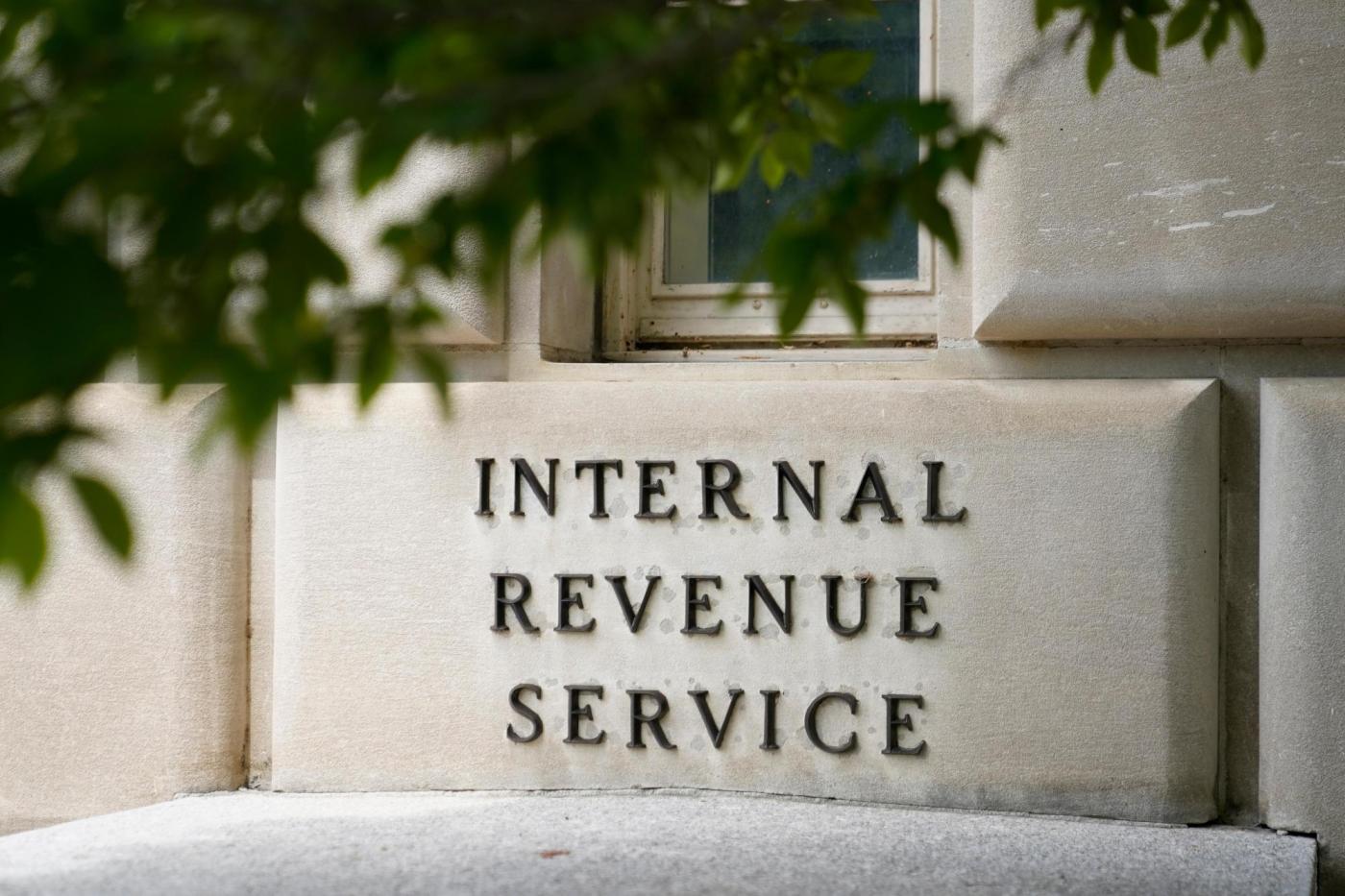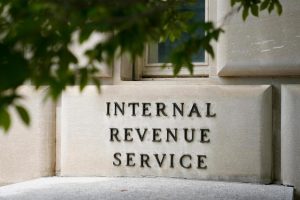
IRS delays reporting rules for users of Venmo, Cash App and other payment apps
By FATIMA HUSSEIN (Associated Press)
WASHINGTON (AP) — Users of Venmo, Cash App and other payment apps will get a tax reprieve this year. The IRS announced Tuesday it will delay implementing new reporting requirements that were to take effect for the upcoming tax filing season.
Originally, app users who made $600 or more selling goods and services would have been required to report those transactions to the IRS, a new threshold required by the American Rescue Plan passed in March 2021.
Instead, payment apps and online marketplaces will send out separate tax forms — called 1099-K documents — for taxpayers who receive over $20,000 and make over 200 transactions selling goods or services.
For 2024, the basic reporting threshold will be increased from $600 to $5,000, the IRS said.
IRS officials say one reason for the delay is taxpayer confusion over what sorts of transaction are reportable.
For instance, peer-to-peer transactions, like selling a couch or car, sending rent to a roommate, and buying concert tickets would not be reportable, whereas other purchases would apply.
“Taking this phased-in approach is the right thing to do for the purposes of tax administration, and it prevents unnecessary confusion,” IRS Commissioner Danny Werfel said. “It’s clear that an additional delay for tax year 2023 will avoid problems for taxpayers, tax professionals and others in this area.”
This new requirement was delayed last year, as well.
“We spent many months gathering feedback from third-party groups and others, and it became increasingly clear we need additional time to effectively implement the new reporting requirements,” said Werfel.
A provision in the American Rescue Plan, passed in March 2021, requires users to report transactions through payment apps including Venmo, Cash App and others for goods and services meeting or exceeding $600 in a calendar year. Before the ARP provision — and now for this year — the reporting requirement applied only to the sale of goods and services to taxpayers who receive over $20,000 and have over 200 transactions.


